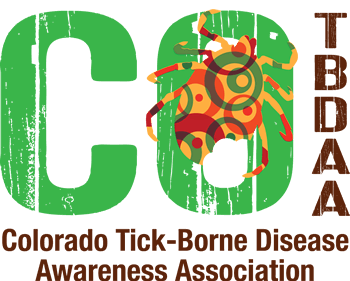
Bourbon Virus
What is Bourbon Virus?
The Bourbon virus is named after Bourbon County, Kansas where the first identified patient with this disease had lived. The Bourbon virus belongs to a group of viruses called thogotovirus. Viruses in this group are found all over the world. It is not yet fully know how people become infected with Bourbon virus, however it is thought to be transmitted through the bites of ticks or other insects. Symptoms in the Kansas resident resembled other tick-borne diseases and he had reported tick exposure prior to the onset of his illness.
As of June 2018, a limited number of Bourbon virus disease cases have been identified in the Midwest and southern United States. The first case of Bourbon virus disease was indentified in eastern Kansas in late spring 2014. The man who was infected later died. He was a previously healthy male over 50 years of age who had onset of symptoms during late spring 2014. The patient had reported exposure to ticks before becoming ill. At this time, it is unknown if the virus might be found in other areas of the United States.
Is Bourbon virus in Colorado?
To date, human infection with this virus is only known from the Midwest and southern states. More research is needed to determine the prevalence of this disease and the potential vectors that may transmit the disease to humans throughout the US.
What are Bourbon Virus Symptoms?
Because there have only been limited cases identified thus far, scientists are still learning about possible symptoms caused by this new virus. In the few people who have diagnosed with Bourbon virus disease, symptoms included:
- Fever
- Fatigue
- Rash-maculopapular
- Headache
- Muscle ache
- Loss of appetite
- Nausea
- Vomiting
Low blood counts for cells that fight infection and help prevent bleeding, thrombocytopenia and leukopenia have also been noted in patients.
How is Bourbon Virus Diagnosed?
Diagnostic indicators are limited making this disease difficult diagnosis. Most patients reported exposure to ticks before becoming ill.
Clinical signs and symptoms consistent with a tick-borne disease and tick exposure should be considered.
How to test for Bourbon Virus?
There is no routine testing available for Bourbon virus. CDC has developed blood tests that can be used to identify and confirm recent Bourbon virus infections. Protocols are being developed to allow for investigational diagnostic testing of acute disease. State health departments should be contacted if illness might be compatible with Bourbon virus infection.
How is Bourbon Virus treated?
There is no specific treatment for Bourbon virus disease. Antibiotics are not effective against viruses. Supportive therapy can treat some symptoms. Some patients may need to be hospitalized for intravenous fluids, and treatment for pain or fever. There is no vaccine or drug to prevent or treat the disease.







